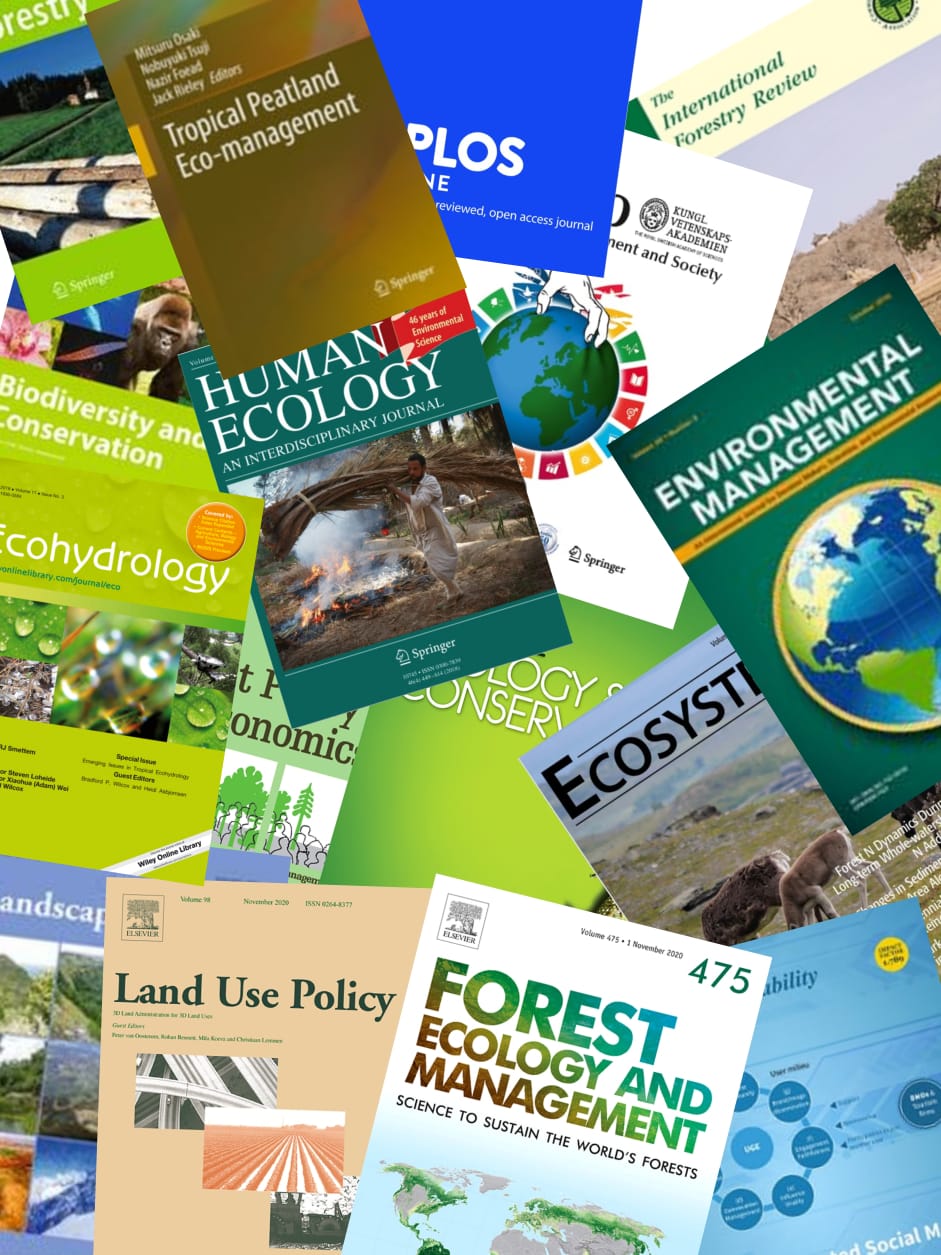Keyword(s)
Forest conservation, Local conflict, Thailand, Upland minorities, Conflict Resolution, Conflict solving, Ethnic minorities, Fire control, Forest conflicts, Human interference, Illegal logging, Local community, Local institutions, Mutual understanding, Northern Thailand, Opium poppy, Protected areas, Upland area, Conservation, Landforms, Laws and legislation, Reforestation, Revegetation, Water pollution control, Environmental protection, opiate, conflict management, conservation management, ethnic conflict, ethnic minority, forest management, human activity, illegal immigrant, perception, protected area, shifting cultivation, upland region, water availability, water pollution, community living, conflict, ethnic group, forest, immigration, logging, minority group, review, tillage, agriculture, article, forestry, human, legal aspect, organization and management, policy, population dynamics, public opinion, social welfare, Legislation, Plants, Pollution Control, Problem Solving, Asia, Eurasia, Southeast Asia, Papaver somniferum, Conflict (Psychology), Conservation of Natural Resources, Dissent and Disputes, Ethnic Groups, Humans, Public Policy

